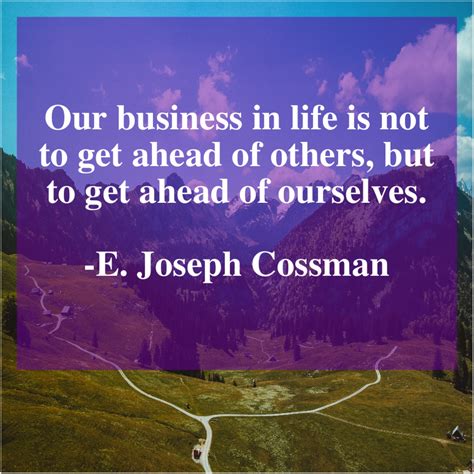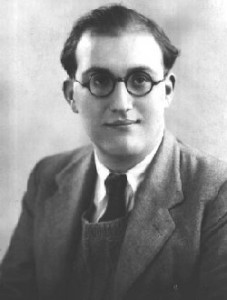A Quote by Joyce Brothers
There is a rule in sailing where the more maneuverable ship should give way to the less maneuverable craft. I think this is sometimes a good rule to follow in human relationships as well.
Related Quotes
10 Rules for Being Human: Rule #1 - You will receive a body. Rule #2 - You will be presented with lessons. Rule #3 - There are no mistakes, only lessons. Rule #4 - The lesson is repeated until learned. Rule #5 - Learning does not end. Rule #6 - "There" is no better than "here". Rule #7 - Others are only mirrors of you. Rule #8 - What you make of your life is up to you. Rule #9 - Your answers lie inside of you. Rule #10 - You will forget all this at birth.
I'm in no position to hand down any advice," he said, "but there's a rule I follow when I don't know what to do." "A rule?" "If you have to choose between something that has form and something that doesn't, go for the one without form. That's my rule. Whenever I run into a wall I follow that rule, and it always works out. Even if it's hard going at the time.
My rule has been, so far as I could have any rule (I could have no cast-iron rule) - my rule has been, to write what I have to say the best way I can - then lay it aside - taking it up again after some time and reading it afresh - the mind new to it. If there's no jar in the new reading, well and good - that's sufficient for me.
When in doubt, the rule of threes is a rule that plays well with all of storytelling. When describing a thing? No more than three details. A character's arc? Three beats. A story? Three acts. An act? Three sequences. A plot point culminating in a mystery of a twist? At least three mentions throughout the tale. This is an old rule, and a good one. It's not universal - but it's a good place to start.
Nobody is fit to rule anybody else. It is not alleged that Mankind is perfect, or that merely through his/her natural goodness (or lack of same) he/she should (or should not) be permitted to rule. Rule as such causes abuse. There are no superpeople nor privileged classes who are above 'imperfect Mankind' and are capable or entitled to rule the rest of us. Submission to slavery means surrender of life.
The 'snakebot', which is a type of mechanized, biologically inspired robot, itself has roots in Japanese laboratories of the 1970s. What the team at Pittsburgh-based Carnegie Mellon is doing today under professor Howie Choset is making the 'snakebots' stronger, smaller, and more maneuverable than ever.






































